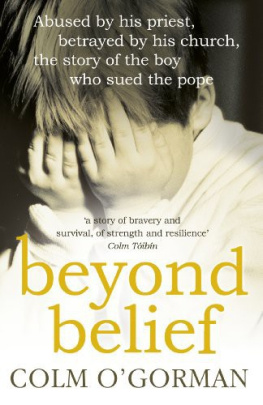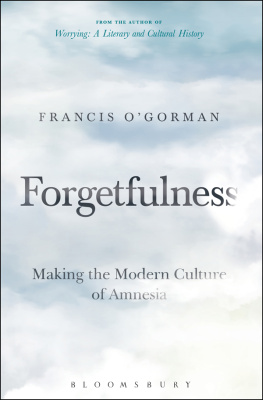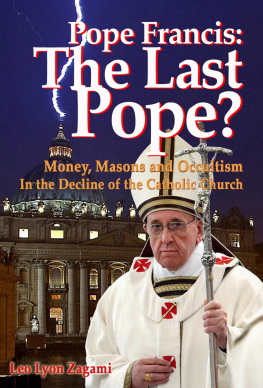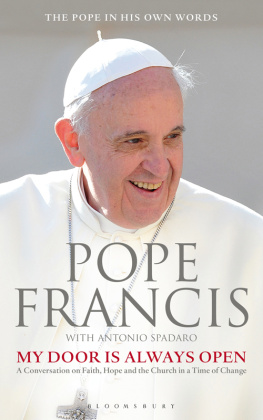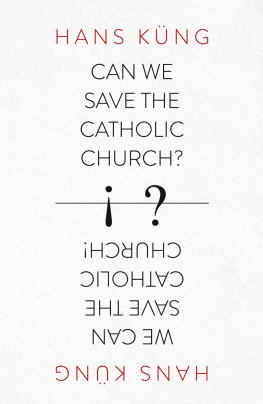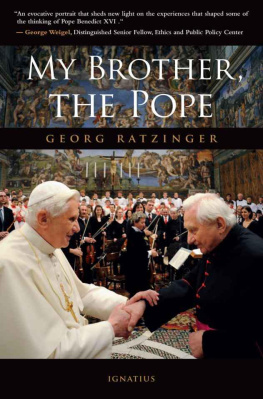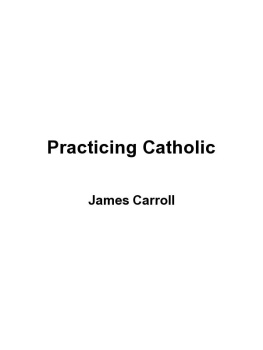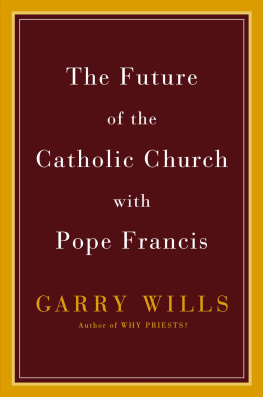Wexford, October 2001
I really dont want to be here, I said to Sarah as we stood on the main street of my hometown on a cold and grey afternoon.
I just want to get out of here and never come back.
Sarah put her arm across my shoulder and gave me a gentle hug. She was from New Zealand, and not Catholic. Over the past few days her outraged reaction to what she was filming offered me a more objective and reasoned insight into the story we were trying to tell. My story.
I felt pathetic standing there. I was so hurt. And I hated that. I felt like I might cry, and stuck my hands down into the bottom of my coat pockets, pulling my neck down inside my collar. It was cold, I stamped my feet, not so much to warm up but because it let out the frustration I felt. I needed not to feel like this.
Sarah looked at me; shed become a good friend. I trusted her. That helped.
Come on, time for a coffee, she said.
Wed come back to Wexford only four days earlier. Sarah, myself and a cameraman, to make a film for the BBC about my battle to hold the Roman Catholic Church to account for the rape and abuse I experienced at the hands of a priest when I was a teenager. It had been a really difficult few days, confronting and documenting a past that still haunted me, and a battle that dominated much of my life.
We spoke to other men who had been abused by the same priest, also in the 1980s. I took Sarah and the camera back to the place where the abuse happened, the cold and stark house next to the church where the priest had served in a place called Poulfur, a tiny half-parish in rural South-East Ireland.
One of the most difficult interviews was with a mother, Monica Fitzpatrick, whose son Peter had shot himself to death at the age of twenty-three. We discovered that it was likely hed also been abused by the priest when he was a teenager. Monica broke my heart. Id called her to ask if she would speak to us, I was horrified by the thought that I could be forcing open a trauma she might not even be aware of. But Monica and her husband John already knew. They had never said the words out loud, but seized on my call as an opportunity to say all the things theyd never allowed themselves to say about their son, his death and the pain that led him to take his own life.
As Sarah ended her interview with Monica we all wept. Peters death and his parents grief seemed so horrific, and the events that caused it all, obscene.
The next day we were back in Poulfur. We needed more background information and found ourselves at the home of a local businessman and his wife. They talked freely about the priest, how divisive hed been and the trouble he caused. Before long we got on to discuss how he had sexually abused boys.
He was always odd. He fought with anyone who defied him, said the woman of the house.
Did people have any idea what was happening, what he might be doing to the boys he had to stay? I asked.
Oh God, yeah, came the reply. Everyone knew what he was like. They used to joke about it. Theyd say, dont bend down in front of that fella in the churchyard.
When she said it I felt like Id been punched in the stomach. She knew why I was in her house; surely she knew that the priest had abused me? How could she joke about it? And how could people have joked about it back then?
Over the days that followed others confirmed that there was widespread suspicion that Sean Fortune had been abusing young boys.
I wanted to know just how explicitly people might have discussed it.
Well, people would tell you without really telling you, if you know what I mean, said one man, but we kept our fellas away from him. We didnt want to risk it.
What he meant was that people talked in whispers, taking care never to fully name what they knew, reducing their well-informed suspicions to gossip and innuendo. They shared enough for the thrill of the gossip and to warn their own of the danger, but never so explicitly that they would have to take responsibility for what they knew and be forced to act.
Years earlier I sat in the front pew of the church. I watched Fortune hold aloft the host at communion time, pronouncing it the body of Christ, and I wondered how his parishioners, those men and women all about me with their heads bowed, might react if they knew what hed done to me less than an hour earlier.
And now it appeared that some of them had known all along. They had joked about it, dismissed it, protected their own and left me to it.
Adamstown, 1972
It was a scorching hot summers day. Back then summers seemed to last forever, each one felt like a lifetime all its own, days felt like weeks and weeks like years. School and the short cold days of winter seemed a world away. I was out in the fields, running around playing at working and watching the men bring in the harvest. I was only six; there wasnt much I could do, though I really wanted to help, to be one of the men.
Harvest was one of the few times when I got to spend time in the fields with my Dad and the workmen. I loved being with those men, good men who were focused on their work, men with purpose. The very picture of the man I wanted to become.
The huge green and yellow combine harvester snarled its way up and down the field. Its blades turning the waving sea of wheat into fresh shaved earth, the stubble of the straw sharp and rough under my feet. As the harvester swept along it left behind lines of fresh straw, which dried in the sun before being baled to use as bedding for cattle in the winter to come.
I stood next to a big round container made of sackcloth and chicken wire and watched as the combine harvester poured in a torrent of dusty, fragrant seed. The container was about four or five feet tall and maybe fifteen feet wide. One of the workmen grabbed me up and threw me laughing into an ocean of seed where I swam around in the warm sun seeking out jewels: iridescent beetles with bodies as black as the night reflecting bright greens and blues, ladybirds that crawled up my finger before they opened their backs, like some kind of machine to unfurl the most unlikely wings Id ever seen and trundled off across the surface of the freshly shaven fields.
I jumped out when I saw my mothers car coming, her little green Hillman Hunter making its way across the field, bringing lunch to the workmen. As her car approached the combine harvester fell quiet and the work stopped, the men walking over to where she parked next to my Dads tractor.
I sat down beside my Dad and leaned up against the big tractor wheel next to him as Mam shared out the food.
Are you hungry? he asked me with a grin. He knew I was, I was always hungry on a day like that.
Yeah, of course I am.
Is there enough food for everyone? The men have to eat first. Maybe Mam didnt bring enough.
He was teasing me now, and I knew it. I could see the smile in his eyes.
Here you go, he said and handed me a huge doorstep of a sandwich that was nearly as big as my own head.
Next came hot, sweet tea in bottles, golden and milky, and slices of fresh apple tart served off the plates theyd just been baked on. It was great; everything seemed to be great on days like this. Bliss.
Harvest was one of the few times I got to be with my father, or at least to be around him in the day-to-day of life. Working with him feeling useful and wanted, connected to him.
Most of the time he was too busy to spend time with me. There always seemed to be something he needed to do that was more important.
I lived on a farm in the village of Adamstown. I was the son of the son of a farmer, the second son and the third born, one of six. The farm and our home was a busy place. As there were six of us, my three sisters, my two brothers and me, there was always something happening, someone doing something, someone making noise and someone needing quiet. But its not through the shared moments that I can look back and get a sense of myself then but rather through the memory of being out on the land, or playing with animals, or heading off alone to Mass, all moments of solitude. I think these were the moments when I felt most able to be myself, just free to be me.
Next page
